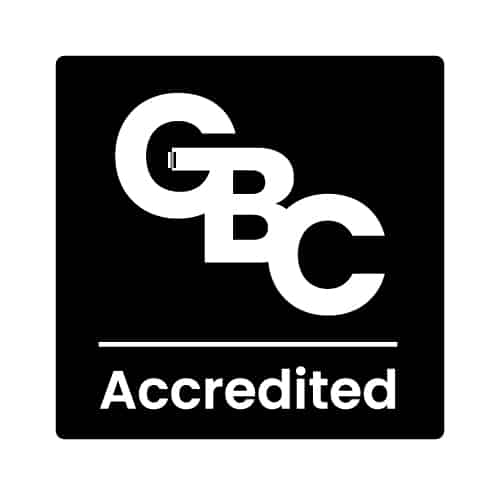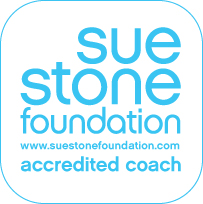How’s your work-life balance? For many entrepreneurs, it’s a constant struggle for domination between the “coulda”, “woulda” and “shouldas” of balancing family, friends, self-care, and, of course, work. But, with constantly changing demands in both work and life outside of work, what can you do to create better boundaries, whilst ensuring all the competing elements of normal life are served?
Whilst there are a number of tools, I use with clients to help them create better boundaries and to, ultimately, grow their business, whilst still maintaining a life outside of the office, I wanted to share this time management tool, which was popularized by Dan Sullivan, a Canadian strategic business coach. It’s a simple tool that allows you to divide your time into different types of days and allows you to ringfence your important activities and get things done.
Here are 3 types of day to help you maximise your productivity, have better boundaries, and make best use of your time both IN and OUTSIDE of work.
Focus Days.
As the name might suggest, “Focus” days are the days when you focus on the most important activities in your business. If, as the saying goes, 20% of your activities generate 80% of your income, then this is the day when your attention should be on that 20%! These days are dedicated to the activities that you know are most important to our business. These tasks are likely to be those which require the most attention, but that you also recognise as having the biggest impact on your business.
Buffer Days.
These are the days when you handle all the small, but necessary “stuff” – the days where you block out time for administrative tasks that need to be done for your business to run smoothly. You might also use these days to return phone calls, reply to routine emails, plan meetings, and read articles. You might also use “Buffer” days to continue your professional development.
Buffer Days are key to freeing up “Focus” days for your most important work. They are also a great way of getting back into the swing of things after “Free” Days.
Free Days.
These are the days when, as you might have guessed, you set yourself free from any work demands – no answering emails, no taking calls, no meetings, no “I’ll just do x” (Insert your activity of choice here)
As busy business owners used to work long hours, free days can be the most difficult to navigate.
We’re programmed to feel guilty if we’re not at least thinking about our business 24/7, but in allowing our brain this “space” we allow our creativity to flow and for our subconscious mind to be at its most powerful. It is during these times; the moments when we allow our brain to visualise our dreams that we can create a much clearer vision of our future goals. We disengage from the must-dos of present demands and allow our focus instead to be on creating the future.
We can’t do this if we’re too burnt out from work.
The beauty of this system lies in its simplicity and the ability for you to implement better boundaries around both work and home life. It is entirely up to you how you apply each day to your working time and allows you to take control of your schedule, and be more productive, yet allowing you to take time away.
Having adopted this system, you’ll find you are able to better manage your time; working to fit in with your lifestyle and out of work commitments, rather than the other way around. It allows you to have days where you focus on the most important areas of business; the reason why you started your business and from which you gain the most fulfillment, as well as days where you focus on the tasks that are the “small cogs”, allowing the smooth running of your business and giving you better control of your life.
If now is the time to invest in your business growth, there are a number of ways that we can work together.
1. With 1:1 coaching. With monthly or weekly sessions available, we’ll work together to create a sustainable, resilient, and successful business, banish the overwhelm and create success on your terms. Find out more here
2. If you’re starting out or have a young business then my Startup to Success coaching programme is for you. You’ll learn all the steps to creating strong foundations upon which to grow your business. Click this link to discover more
3. For those “quick wins” my Coaching Power Hour is a must. You’ll receive actionable steps to help you move past your blocks, gain clarity, and gain the momentum to grow your business. Book your Power Hour here










